14 Things About the ’80s That Had Grandparents Shaking Their Heads

The 1980s brought neon colors, big hair, and technological advances that left many grandparents scratching their heads.
While younger generations embraced these changes with open arms, older folks often viewed them with suspicion or outright disdain.
Here’s a nostalgic look at what made grandma and grandpa roll their eyes during the decade of excess.
1. Music Videos Were Corrupting Youth

“In my day, we just listened to the radio!” When MTV launched in 1981, grandparents across America were horrified by what they saw. The provocative dancing, outlandish costumes, and suggestive lyrics had them convinced moral decay was imminent.
My grandmother once unplugged the TV when Madonna’s “Like a Virgin” came on. She stood guard until the song was surely over, muttering about “that hussy” the entire time.
2. Video Games Were Rotting Brains
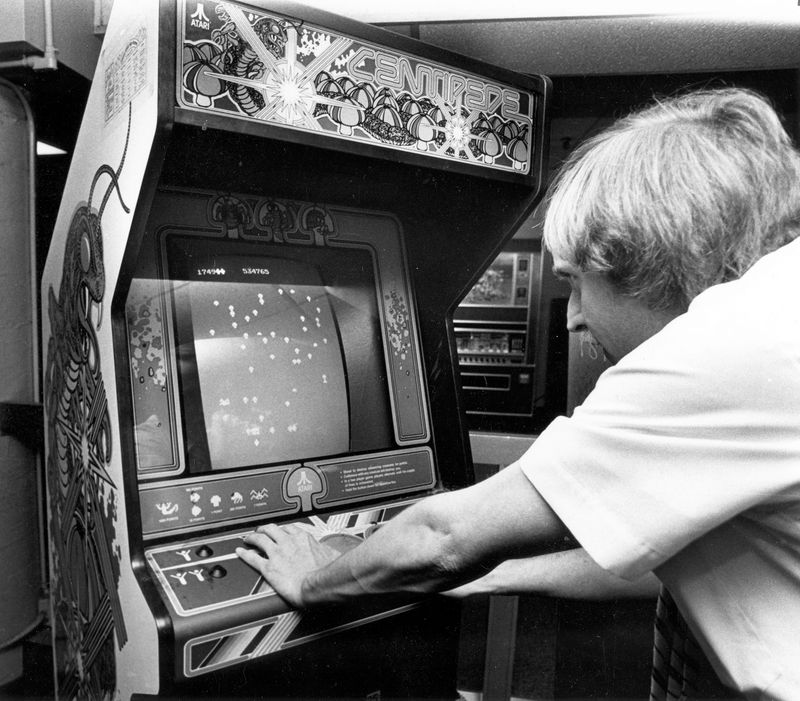
Arcade machines and early home consoles like Atari sparked fierce opposition from the Greatest Generation. They couldn’t fathom why anyone would waste quarters standing in front of flickering screens for hours.
Grandparents frequently complained that video games would lead to laziness, poor eyesight, and diminished intelligence. Meanwhile, they failed to see the hand-eye coordination and problem-solving skills being developed with each level completed.
3. Fast Food Wasn’t “Real Cooking”
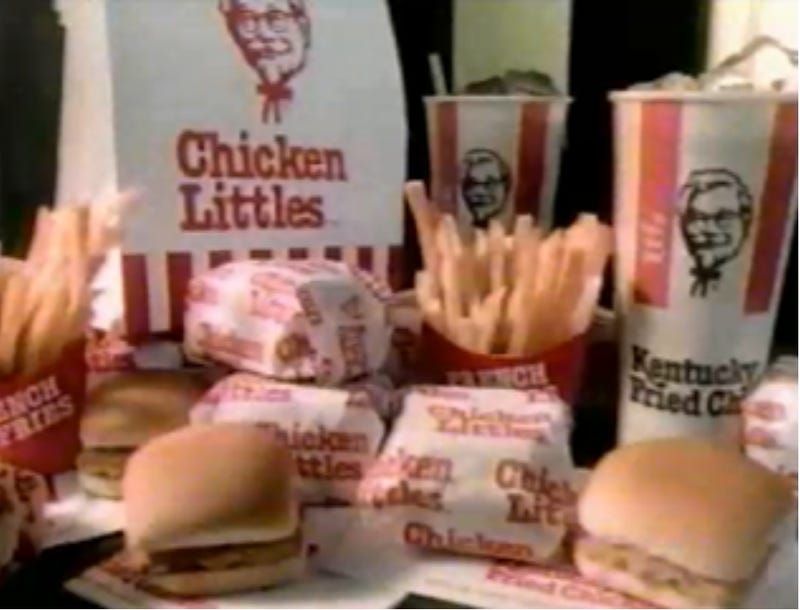
The proliferation of fast food chains in the 1980s sparked endless lectures about proper nutrition. Grandparents couldn’t understand why anyone would choose a Happy Meal over a home-cooked dinner.
“You call that food?” my grandpa would scoff whenever we pulled into McDonald’s golden arches. He’d launch into tales of Depression-era meals where nothing went to waste. His stories made those fries taste a little guilty, but delicious nonetheless!
4. Shopping Malls Were Wastes of Money
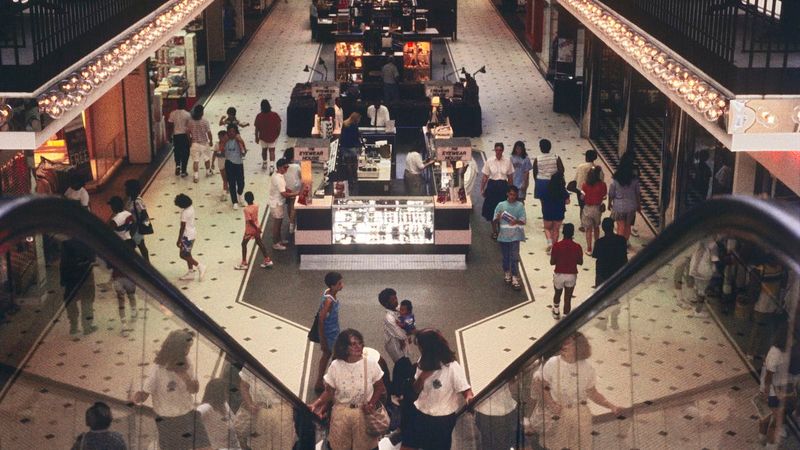
The mall culture that exploded in the 80s bewildered older generations. These massive consumer temples with their food courts and specialty shops seemed designed to separate fools from their money.
Grandparents couldn’t comprehend spending Saturday afternoons “just looking around” stores. They reminisced about general stores where practical purchases were made quickly and efficiently.
The concept of shopping as entertainment remained utterly foreign to them.
5. Answering Machines Were Impersonal
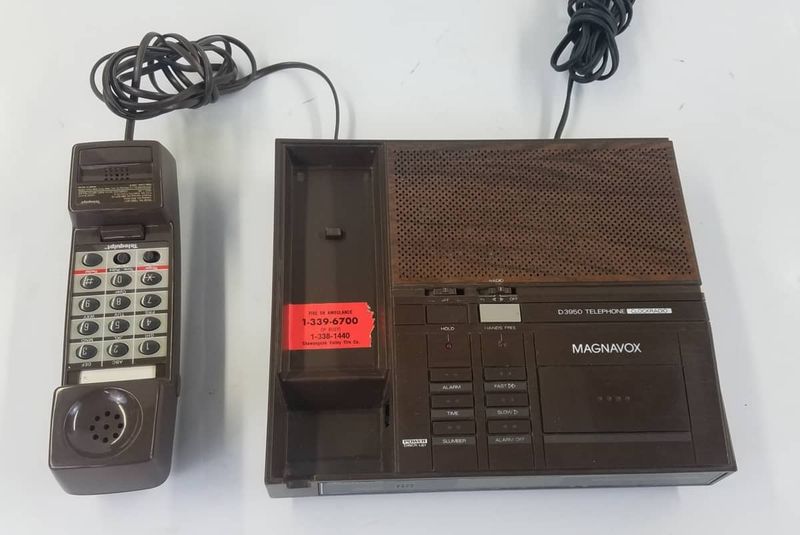
Nothing frustrated grandparents more than calling and getting a machine instead of a human voice. The technology that seemed so convenient to younger generations felt like a personal rejection to them.
“Why can’t you just answer your phone?” they’d demand. Many refused to leave messages, preferring to call repeatedly until someone picked up. Some even developed elaborate workarounds, like having specific ring patterns as codes.
6. Cable TV Was Morally Questionable
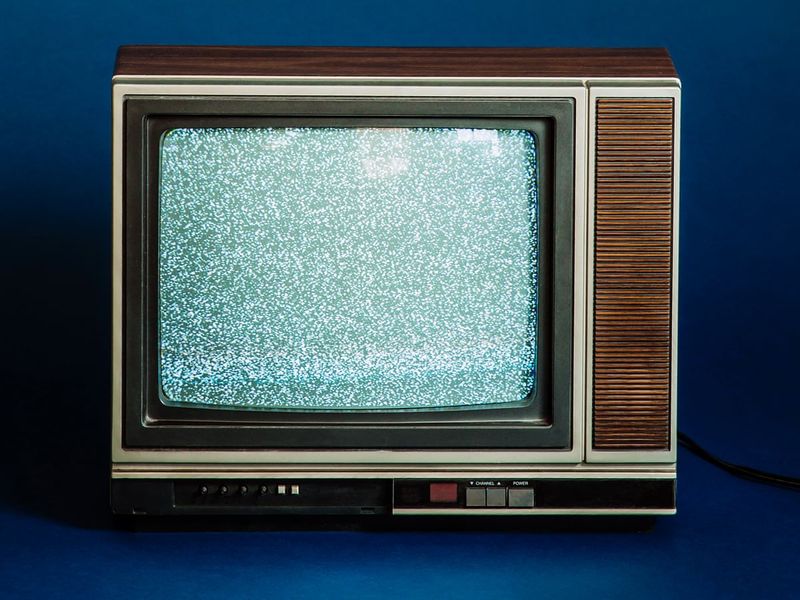
When cable television brought dozens of channels into homes, grandparents saw it as an invasion of questionable content. The limited programming they grew up with suddenly exploded into a Wild West of entertainment options.
My grandma would flip through channels with growing horror. “You’re paying for this garbage?” she’d ask whenever she landed on MTV or a late-night comedy show.
The concept of 24-hour programming seemed both wasteful and suspicious to her sensibilities.
7. Microwave Ovens Were Unnatural
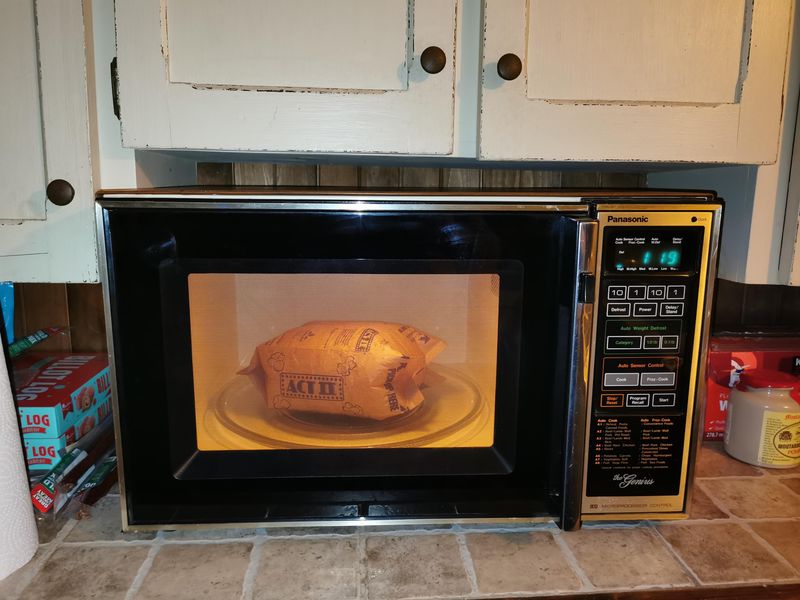
Microwaves became kitchen staples in the 80s, but grandparents remained deeply skeptical. Food cooked in minutes instead of hours? Surely this violated some natural law!
They warned of radiation poisoning and insisted microwaved food lacked nutrients and proper flavor. Some refused to eat anything prepared this way, claiming they could “taste the difference.”
Their suspicion of this time-saving technology persisted even as the devices became ubiquitous.
8. Workout Videos Were Embarrassing Spectacles

Jane Fonda’s workout tapes and aerobics classes with their leotards, leg warmers, and enthusiastic routines left grandparents utterly perplexed. Exercise was what happened naturally during a day’s work, not something you did while prancing around the living room.
“In my day, we got our exercise working the land,” Grandpa would grumble as I bounced around to “feel the burn.” His farmer’s hands and weathered face were testament to a lifetime of physical labor that made spandex workouts seem frivolous.
9. Cordless Phones Were Unnecessary Luxuries
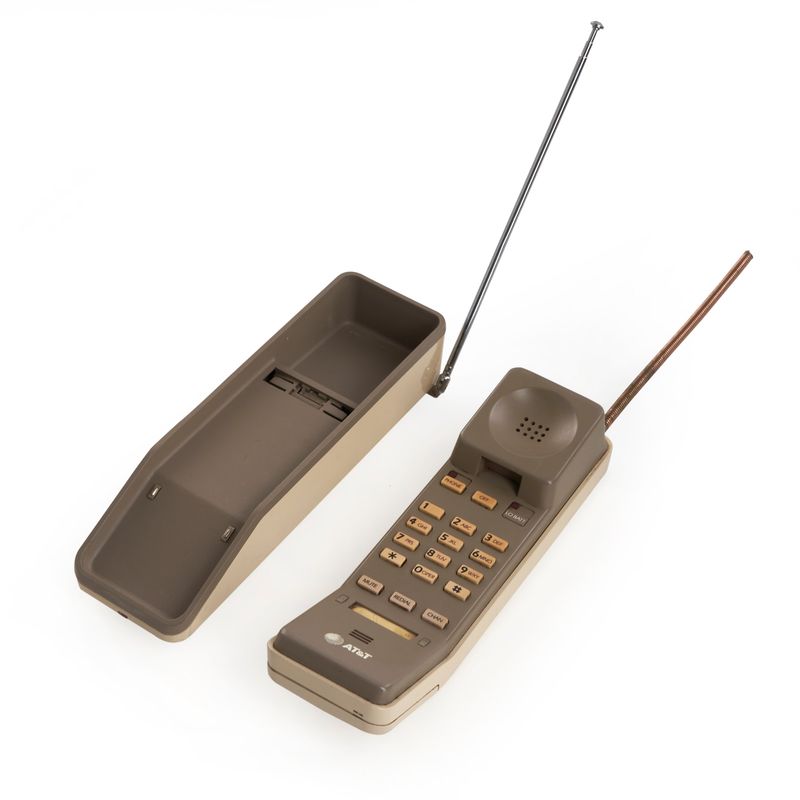
The freedom to walk around while talking seemed pointless to grandparents who’d spent their lives tethered to phone cords. They questioned why anyone needed to chat while wandering the house.
“What’s wrong with sitting still for a conversation?” they’d ask.
The batteries were empty, the reception was spotty, and the handsets frequently went missing. To them, these problems confirmed their suspicion that newer wasn’t always better, despite younger generations’ enthusiasm.
10. Credit Cards Encouraged Reckless Spending

The plastic revolution horrified depression-era grandparents who believed in cash-only purchases. The concept of buying something without immediately handing over money seemed fundamentally wrong.
“If you don’t have the money now, you shouldn’t buy it,” was their mantra.
My grandfather carried the same leather wallet for 40 years, its worn edges containing only the exact cash needed for planned purchases. The idea of swiping plastic for instant gratification made him physically uncomfortable.
11. Disposable Products Were Wasteful
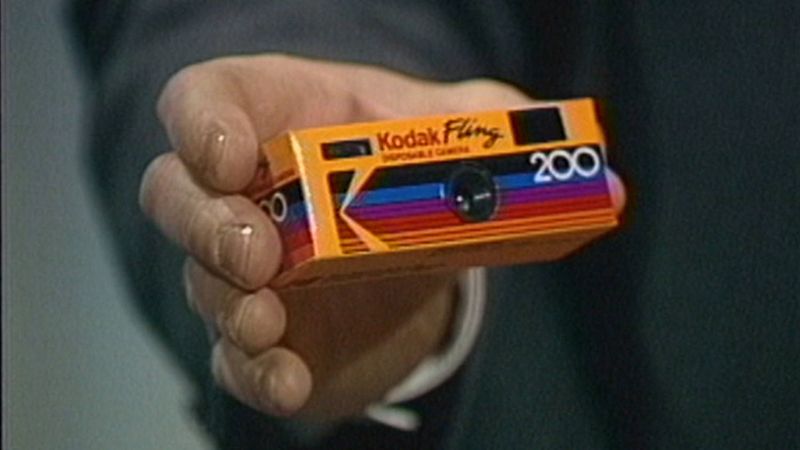
The throwaway culture of the 1980s deeply troubled those who’d lived through scarcity. Disposable cameras, paper plates, and single-use items represented wastefulness that bordered on sinful to them.
Grandparents saved everything – washing and reusing aluminum foil, repurposing containers, and mending clothes until they were beyond repair.
Their depression-era values clashed violently with the convenience-oriented 80s mentality that prioritized time-saving over resource conservation.
12. Casual Fashion Showed No Respect

The relaxed dress codes of the 80s represented a shocking decline in standards to older generations. Acid-washed jeans, neon colors, and casual attire in formerly formal settings signaled society’s downfall. “People used to dress properly for church/school/dinner!” was a common refrain.
My grandmother once refused to enter a restaurant because my father wasn’t wearing a tie. Her generation associated proper attire with respect, and the casual 80s fashions seemed like a personal affront.
13. Walkman Headphones Created Antisocial Youth
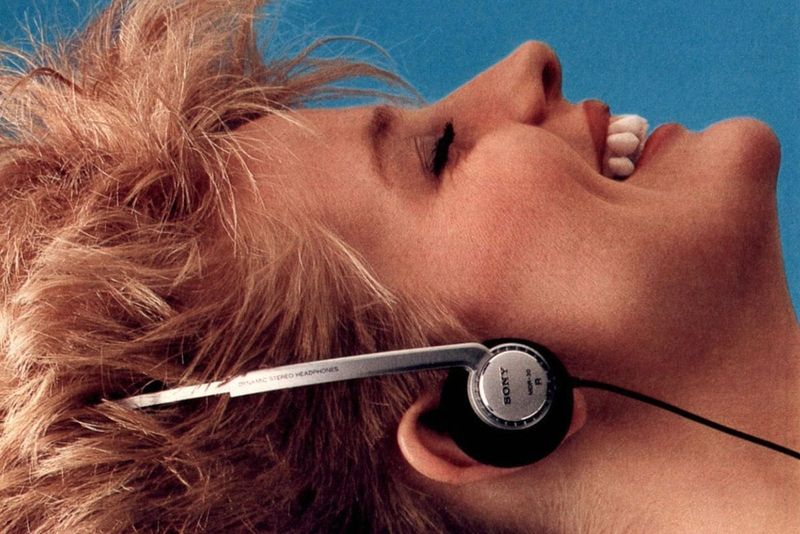
Sony’s Walkman revolutionized personal music, but grandparents saw only rudeness. Young people wearing headphones in public seemed deliberately antisocial to them.
“How can you hear if someone needs help?” they’d worry. The sight of teenagers lost in their own musical worlds while physically present represented everything wrong with modern society.
They couldn’t understand why anyone would choose isolation when togetherness had always been their social currency.
14. Daycare Centers Were Replacing Family
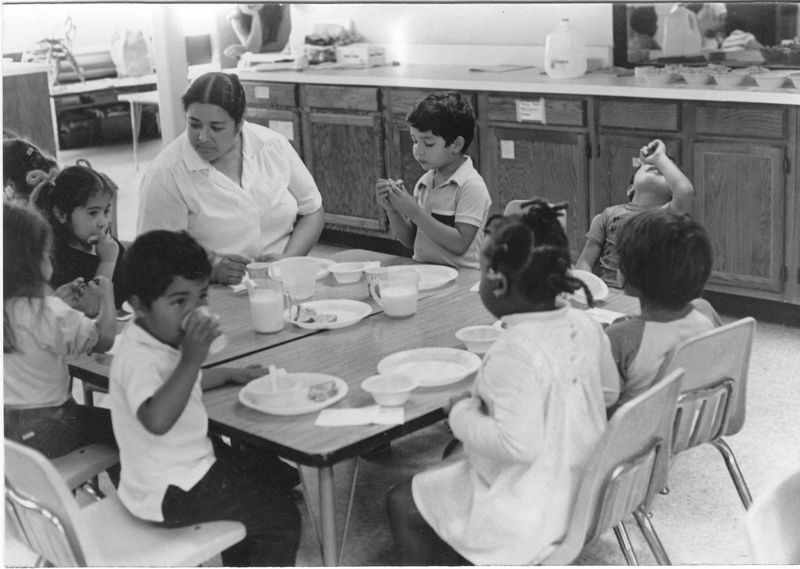
The rise of two-income households meant more children in daycare, a trend that horrified many grandparents. They couldn’t fathom willingly allowing strangers to raise their grandchildren.
“In our day, family took care of family,” they’d insist.
The economic realities forcing both parents to work often escaped them. Many offered to babysit themselves, unable to understand why professional childcare might sometimes be the more practical solution for busy working parents.
